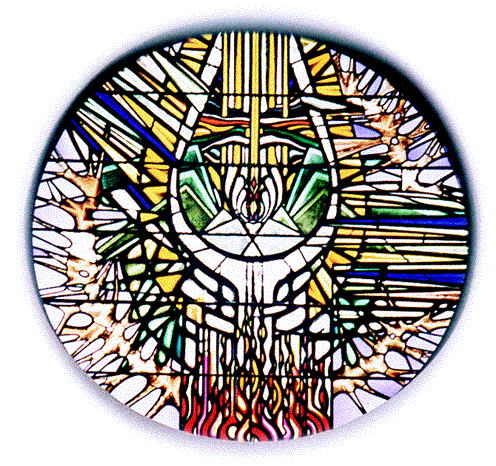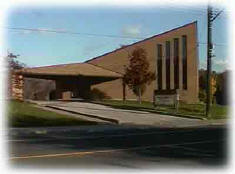At the end of
this book, I had penciled 37 comments in the margins, many of them questioning
or disagreeing with some of its ideas. What an engaging read!
The central
thesis of the book, which I do agree with, is spelled out in the title: in the
grand scheme of things (e.g. health of our relationships, communities, and the
planet), ethical living is more important than the specifics of what one
believes. There were also a number of ideas I would put in the “points well
taken” category. These included:
-
Christianity has a long history
of using tenets of faith to empower the church, oppress the disenfranchised,
and disrespect people from other faith traditions
-
Undue emphasis on an
interventionist God who has a plan for us and/or offers a blissful afterlife
to the deserving can foster passivity about solving our own problems in the
here-and-now
-
Claiming the bible is the “Word
of God” is generally not helpful, given the number of truly ghastly passages
it contains, and is also disrespectful to other faith traditions. We bring
meaning to the bible through reflection (reminiscent of our recent guided
prayer evenings), as opposed to finding a grand Meaning in it.
-
Respectful scholarship is needed
to further clarify what progressive Christianity really means. I loved the
description of this process, “We are no better because we read the book
before the person next door…We are mere vessels for ideas that are, perhaps
through us, now available to the world.”
So where’s the
problem? Look at the title again: With or Without God. Poor old God
gets dumped along with all the human foibles that have marred Christianity
over the centuries. The author sees this as a necessary step in the evolution
of our faith, but the argument is unconvincing. If, as the book suggests, the
main problem with God is the emphasis on divine intervention, then why not
re-conceptualize our relationship with God as a symbiotic one? Maybe we need
God as a Source of meaning and inspiration, but maybe God needs us to make
constructive changes happen. Or, to put it bluntly, God inspires, we
perspire. Oops! I forgot. Vosper has a term for people fond of such
explanations: apologists. At first that bothered me, but then I read that
Marcus Borg is one too, so I guess I’m in pretty good company.
Vosper also
doesn’t much like people who mix their progressive ideas with a few comforting
traditions. She reminds them, “It’s time… to deal with the paradigmatic
leftovers and wipe the counters clean. Leftovers lying around are only an
invitation to vermin.” Personally, I find if you combine a few leftovers, add
some fresh cheese, and bake at 375 degrees you sometimes get a wonderful
casserole. But then, I don’t mind taking certain hymns or scripture passages
metaphorically. Apparently, that means I lack intellectual integrity, but so
be it.
Another problem
is that if you do away with God, you need some sort of replacement. Vosper’s
answer: “radical ethics”. I’ll have to remember that the next time I feel
overwhelmed or confused, or my autistic son asks me what God is: radical
ethics. To be fair, she does provide examples of mutual support within her
faith community which, I suppose, would provide one way to address my distress
and my son’s questions. Still, I think a godless religion would be missing
something, and would exclude a good number of not-so-sophisticated people.
Why not instead
accept that people differ, and some will always prefer an anthropomorphic
deity, others a sacred Substrate of the universe or something like that, and
still others “radical ethics”? The definitions only cause trouble if we get
bigoted (i.e. claiming ours is the only true one) or arrogant (i.e. claiming
ours is the once-and-for-all total answer to what the Infinite is or is not).
I like the Song of Faith’s emphasis on the “Holy One who is Wholly Mystery”
because it has the potential to include people with a wide variety of ideas
about God, and respects, even celebrates the fact that God may be more than
our puny minds can grasp. But then, Vosper has an answer for the poets among
us too: we engage in “melodic obfuscation” and think too much with our right
hemispheres. Oh well.
To conclude this
tongue-in-cheek look at the Almighty, let me suggest a couple of other ideas
to broaden the discussion. First, the fact that religion can influence people
in psychologically healthy and psychologically unhealthy ways was described
over a hundred years ago by William James (“The Varieties of Religious
Experience”). It’s not an easy read given the 19th century style,
but well worth a look if we are hoping for a faith that brings out the best in
human nature. Second, as Karen Armstrong’s “History of God” describes
eloquently, monotheistic religions have oscillated between more literal and
more symbolic/mystical ideas about theology over the millennia. It’s possible
we’re just due for another pendulum swing.




